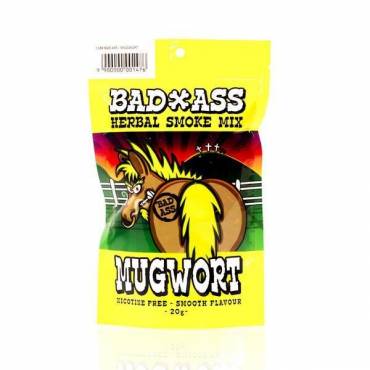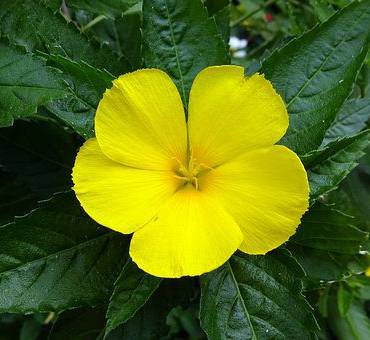Prominent Women In Cannabis History. People may take cannabis as a contemporary dilemma, but the fact is that it has a long history. Starting from an Egyptian pharaoh to modern times, following five women remain ahead of their time being cannabis activists.
Ancient times:
Hatshepsut and the history with Cannabis:
Hatshepsut was one of the few female pharaohs who lived in the 1400s BC. An article published in The Smithsonian magazine back in 2006. They revealed that the pharaoh used to use hemp to ease her painful menstruation.
However, she wasn’t the only woman who turned to Hemp to ease their pains. The Ebers Papyrus, a herbal medical text from ancient Egypt describes that cannabis used to relieve the pain of menstruation by inserting hemp dipped in honey into the vagina. Also, women used it to ease the pain of childbirth as well.
Cannabis in the Middle-Ages:
Hildegard von Bingen:
Hildegard von Bingen was a German nun who lived during the middle ages. She sainted in the Catholic church. She was bold enough to say things as far as medicines were concerned. Usually, women of that era expected to stay silent on such topics. She had a great interest in herbal medicine, and she was of the view that hemp can be for many treatments, according to Ethan B. Russo’s 2013 book, Cannabis, and Cannabinoids: Pharmacology, Toxicology, and Therapeutic Potential.
Modern scientific studies show that her views about the usage of hemp were on point. CBD oil derived from hemp has a long list of potential therapeutic usages for a range of ailments, such as anxiety, inflammation, and epilepsy.
Hildegard von Bingen explained how this plant could prove to be a life-changer in the field of medicine. As she wrote in her pioneering text Causes and Cures, “The soul loves moderation in all things….so in all things let people maintain a proper balance.”
Cannabis in the 19th century:
Queen Victoria:
The Prominent Women In Cannabis History consider the victorian era to restrict in the history of England. Nevertheless, the woman who was responsible for this restriction was practicing very progressive activity. She was using weed to ease her menstruation cramps. Sources say she used to take it from her physician. Richard J. Miller, a pharmacology professor at Northwestern University, wrote in his 2013 book Drugged. The Science and Culture Behind Psychotropic Drugs, “Even Queen Victoria has prescribed a tincture of cannabis.
According to sources, the royal people used chloroform before anyone else. According to the article, Queen Victoria used it to dull the pain of giving birth to her youngest son, Leopold, in 1853. Dr. John Snow recorded Queen Victoria as saying the chloroform was “soothing, quieting, and delightful beyond measure.”
Louisa May Alcott:
American author Louisa May Alcott wrote the bestselling novel Little Women in 1868 but she also wrote a less famous story called “Perilous Play”. Characters of this story experiment with hash. Louisa May Alcott says about these experiments: “A heavenly dreaminess comes over one, in which they move as if on air. Everything is calm and lovely to them: no pain, no care, no fear of anything, and while it lasts one feels like an angel half asleep.”
The cannabis effect is evident in her writing. It is said that she used it, that is the reason she expressed cannabis with such delight in her story.
20th century:
Margaret Mead :
Margaret Mead was an American cultural anthropologist. Famous for being out a spoken woman of the last century as far as the topic of marijuana is concerned. Mead was born in 1901 in Philadelphia, Pennsylvania. She had a Ph.D. from Columbia University.
On October 27, 1969, at the height of her career, Mead gave an impassioned speech at a Senate hearing. She argued that anyone aged 16 and over should be permitted to smoke marijuana. In the speech, Mead said that keeping marijuana illegal was a new form of tyranny by the old over the young. According to a 1969 article published in the Colorado Historic Newspapers Collection archives. The author went on to blast the mockery of criminalizing marijuana use.
Mead further argued that marijuana does not have the toxic effects that cigarettes have. For example, It is not addictive like heroin and is milder than alcohol. She stated that the attempt to restrict this youth choice has resulted in graver social consequences than those associated with Prohibition in the 1920s.
However, her pleas fell on deaf ears and preceded even stricter legal measures against marijuana as President Nixon launched the War on Drugs in 1971. Overall, Margaret Mead died in 1978 before the War on Drugs ramped up in the 1980s under the Reagan Administration and set off a wave of marijuana-related arrests targeted at minority communities.
Recommended product: Chongz Double Strainer Glass Waterpipe 33cm



Add Comment